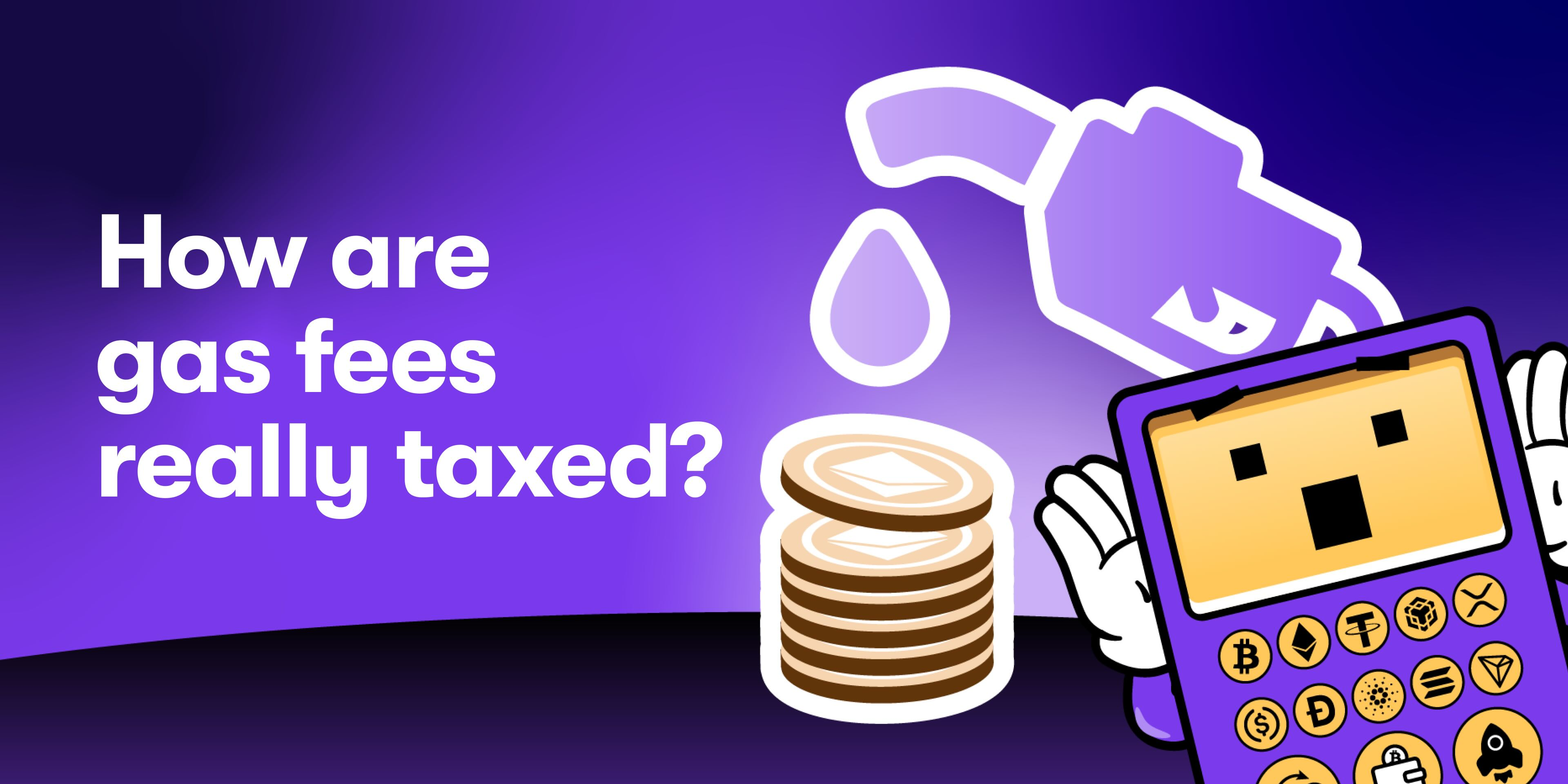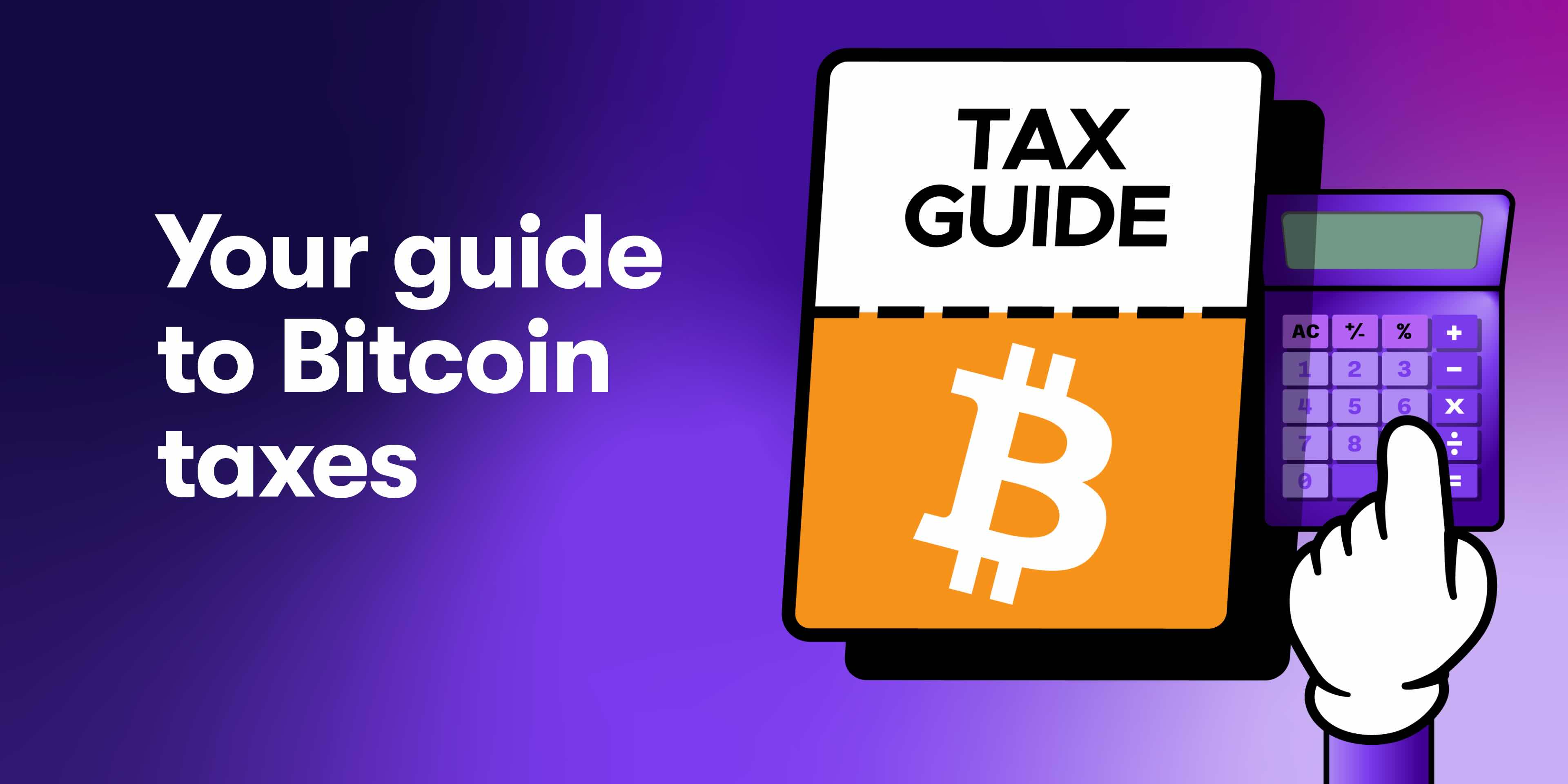Welcome to the 2025 Financial Year, crypto enthusiasts. Nothing says new beginnings quite like a letter from the Australian Taxation Office (ATO) reminding you that they are watching your cryptocurrency transactions.
In case you missed it, the ATO has put its data matching protocols to use again this year by sending emails to crypto investors who bought or sold cryptocurrency using an Australian digital currency exchange (DCE) over the past 12 months. If that was you, you may have also received the following email:

If you’re starting to panic that the ATO is monitoring your every move or you’re not sure what this means for your 2024 income tax return, fear not. We’ll break down what you need to do and what you need to know.
What Does the ATO Cryptocurrency Prompt Mean?
In 2024, the ATO continued its focus on cryptocurrency compliance, asking centralised DCEs to share data about their users.
If you’ve received a prompt from the ATO, it means that your DCE has shared information about you and your transactions with the ATO. Further, the ATO has linked your crypto transactions with its own records and has identified you as someone who has held or disposed of cryptocurrency in previous financial years. In effect, this notice is a prompt to ensure your tax return includes any relevant crypto transactions.
Key Steps to Take If You Received an ATO Cryptocurrency Prompt
Review your crypto activity: This step is the most important - you can’t do the rest without it. Go through your records for the last few tax years. This is much easier using specialised crypto tax software. This includes not only selling crypto for AUD but also crypto-to-crypto transactions. The ATO considers exchanges between different cryptocurrencies as taxable events, so if you’ve traded Bitcoin for Ethereum or similar, you need to report these.
Understand capital gains: When you dispose of cryptocurrency, it is generally subject to capital gains tax. Make sure to calculate the capital gain or loss accurately for each transaction. If you are uncertain whether you are required to declare your cryptocurrency transactions under the income tax rules or capital gains tax rules, talk with a tax professional who specialises in crypto.
Report airdrops and staking rewards: Most airdrops and staking rewards are considered income by the ATO. You need to report the value of these tokens at the time they were received.
Handle cryptocurrency mining correctly: If you’ve earned cryptocurrency through mining, the ATO treats this differently. If you are carrying on a business as a cryptocurrency miner, the mined cryptocurrency’s value at the time of receipt is considered income, and related expenses can be claimed.
Amend past tax returns if necessary: If you realise that you have omitted any crypto transactions in past returns, use the myGov website to amend your tax return. This can help you avoid potential penalties and audits. If you need to fix up previous returns, you will want to enlist the help of a tax software tool that covers all previous tax years in your subscription fee, so you don’t have to pay a separate fee for each previous tax return you need to amend.
Know when to ask for help: Tax time stresses a lot of people out. If you need further help figuring out your tax obligations, talk to a tax professional who specialises in crypto. The earlier you seek help about a crypto tax issue, the sooner a tax professional can work with you to address it. Plus, you can often claim their fees as deductions in your tax return!
Still have questions?
We have answered some of your top queries below:
I didn’t sell my cryptocurrency, so why did I get a prompt?
Even if you haven't sold crypto for AUD, other activities like crypto-to-crypto trades, receiving airdrops, or staking rewards can create taxable events. The ATO tracks all these transactions.
How do I calculate crypto to crypto transactions?
When you trade one cryptocurrency for another, you are taken to have disposed of the first cryptocurrency and acquired the second. The disposal of the first cryptocurrency is subject to capital gains tax, and the capital proceeds will often be the AUD market value of the second cryptocurrency. You are also treated as having acquired the second cryptocurrency, and the cost base will be the AUD market value of the first cryptocurrency at the time of disposal.
Are airdrops and staking rewards taxable?
Yes, the ATO generally considers that cryptocurrency received from these activities are ordinary income. You need to declare the AUD market value of the received tokens at the time of receipt.
What should I do if I’ve already submitted my tax return? Or if I haven’t correctly reported on my crypto taxes in previous years?
If you need to correct any errors, you can amend your tax return via the myGov website or consult with a tax professional to ensure all crypto-related activities are accurately reported.
How do I figure out my crypto taxes?
Use software that can generate detailed reports, making it easier for you to file your tax returns accurately. Crypto Tax Calculator simplifies the process of tracking and reporting your cryptocurrency transactions. It can handle the complexity of crypto-to-crypto trades, airdrops, staking rewards, and mining income, ensuring that you comply with ATO regulations. If you need more help, talk to a tax professional.
The information provided on this website is general in nature and is not tax, accounting or legal advice. It has been prepared without taking into account your objectives, financial situation or needs. Before acting on this information, you should consider the appropriateness of the information having regard to your own objectives, financial situation and needs and seek professional advice. Crypto Tax Calculator disclaims all and any guarantees, undertakings and warranties, expressed or implied, and is not liable for any loss or damage whatsoever (including human or computer error, negligent or otherwise, or incidental or Consequential Loss or damage) arising out of, or in connection with, any use or reliance on the information or advice in this website. The user must accept sole responsibility associated with the use of the material on this site, irrespective of the purpose for which such use or results are applied. The information in this website is no substitute for specialist advice.











































































































































































